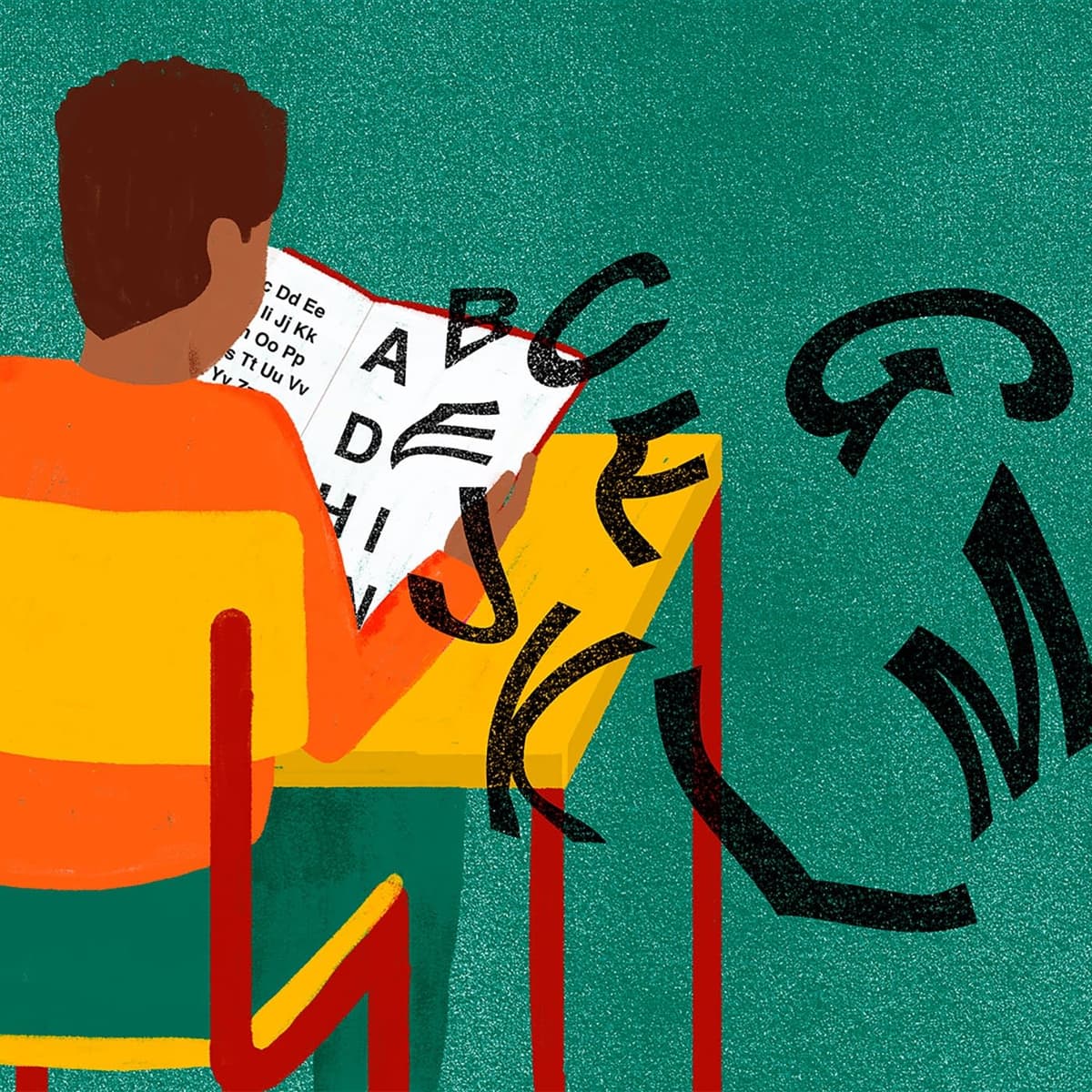Sold a Story: Episode Summary
Episode: Hard Words: Why Aren't Our Kids Being Taught to Read?
Release Date: March 23, 2023
Host: Emily Hanford
Produced by: APM Reports
Introduction: The Reading Crisis in Bethlehem, Pennsylvania
In the episode titled "Hard Words: Why Aren't Our Kids Being Taught to Read?", Emily Hanford delves into the pervasive issue of low reading proficiency among children in Bethlehem, Pennsylvania. As the Chief Academic Officer, Jack Silva, grapples with the startling statistic that only 56% of third graders are reading proficiently, the episode explores the disconnect between established scientific research on reading acquisition and the actual teaching methods employed in schools.
Jack Silva [01:03]: "I didn't know what to do."
Understanding the Science of Reading
Hanford introduces Louisa Moats, a prominent figure in reading research since the 1970s, who emphasizes that virtually all children can learn to read if taught correctly. The episode contrasts the phonics-based approach, which systematically teaches the relationship between sounds and letters, with the whole language approach, which relies on exposure to literature and contextual guessing.
Hanford [02:52]: "Virtually all kids can learn to read. Researchers have done studies... But everyone else can learn to read if they are taught."
The Reading Wars: Phonics vs. Whole Language
The podcast traces the historical "reading wars," a debate between proponents of phonics and whole language. While the National Reading Panel report in 2000 supported phonics, advocating for explicit and systematic instruction, the education system largely adopted a "balanced literacy" approach, a compromise that diluted phonics instruction in favor of whole language techniques.
Moats [09:39]: "Phonics... that's teaching children how letters represent speech sounds."
Hanford [11:52]: "Balanced literacy... whole language didn't disappear, it just got repackaged."
Implementation of the Science of Reading in Bethlehem
Faced with persistent low reading scores, Jack Silva spearheaded an initiative to realign teaching methods with scientific research. Kathy Bast, the principal at Calypso Elementary, became a pivotal figure in this transformation. Through extensive training based on Louisa Moats' curriculum, teachers shifted from balanced literacy to a more phonics-centric approach.
Silva [04:43]: "Let's do something differently."
Bast [16:17]: "Wow. Okay, let's go get at this."
Overcoming Resistance in Higher Education
Despite progress in Bethlehem's K-12 system, resistance remained entrenched in higher education. Many college faculty members in Mississippi's teacher preparation programs were unaware of or opposed to the science of reading. The Barksdale Reading Institute conducted studies revealing significant gaps in teacher education, leading to mandated reforms and the introduction of foundational reading tests.
Reeves [38:20]: "I am philosophically opposed to jumping on the bandwagon of the next great thing that's going to teach every child how to learn to read."
Impact and Outcomes in Reading Proficiency
The shift towards phonics instruction in Bethlehem yielded remarkable improvements. Calypso Elementary saw a transformation where, after implementing the science of reading training, zero kindergarteners were at risk of reading failure. District-wide, proficiency among kindergartners soared from below 50% to over 80%.
Silva [25:14]: "We may have hit a home run in the first inning, but there's a lot of game left here."
Broader Implications and the Need for Change
The episode underscores the long-term societal repercussions of inadequate reading instruction, linking poor literacy to higher dropout rates, incarceration, and persistent poverty. Experts like Mark Seidenberg caution that without widespread adoption of evidence-based reading strategies, millions of children will continue to struggle.
Hanford [43:48]: "Educators convince themselves that what they're doing is best practice... but still more than 40% of the students in your school district are struggling."
Moats [46:47]: "If schools do a good job teaching phonics in the early grades, the kids read better, get off to a better start earlier, and they accelerate their progress faster and read more and like it better."
Conclusion: The Path Forward
"Hard Words" concludes with a call to action, emphasizing that teaching the science of reading is paramount. While successes in Bethlehem offer a blueprint, overcoming deep-seated beliefs and systemic inertia remains a significant challenge. The episode advocates for continued education, research-based practices, and unwavering commitment to ensuring all children gain the critical skill of reading.
Butler [48:51]: "Kelly Butler says the main problem at this point is ignorance. Too many teachers, school administrators, and college professors don't know the science."
Silva [49:04]: "Mark Seidenberg is not as optimistic. He's the cognitive scientist we heard from in the first part of the program. He'd like to believe that teaching the science would be enough to change minds, but he's not so sure."
Notable Quotes:
- Jack Silva [01:03]: "I didn't know what to do."
- Kathy Bast [16:17]: "Wow. Okay, let's go get at this."
- Stacy Reeves [38:20]: "I am philosophically opposed to jumping on the bandwagon of the next great thing that's going to teach every child how to learn to read."
- Kelly Butler [48:51]: "The main problem at this point is ignorance."
Final Thoughts:
Emily Hanford's "Hard Words: Why Aren't Our Kids Being Taught to Read?" is a compelling exploration of the disconnect between reading research and classroom practices. By spotlighting both systemic challenges and success stories, the episode advocates for a science-based overhaul of reading instruction to ensure that all children achieve literacy, a foundational skill for lifelong success.
